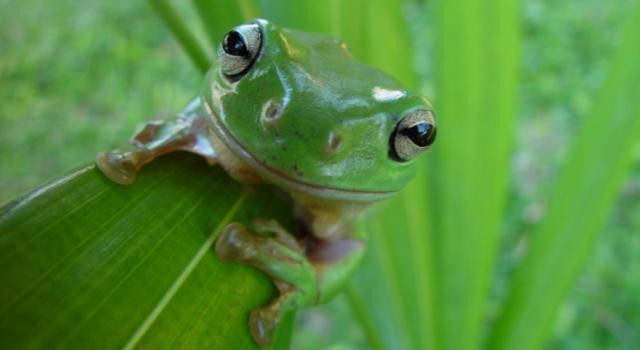Surprising Evolutionary Change in Frog Sex Genes Astonishes Scientists

In a groundbreaking discovery, researchers at McMaster University have unveiled unexpected genetic diversity in the mechanisms that determine sex in the African clawed frog (Xenopus laevis). This finding challenges long-held beliefs about sexual differentiation in amphibians and opens new avenues for understanding evolutionary biology.
Genetic Diversity: The study revealed that the African clawed frog exhibits a surprising range of genetic variations that influence sex determination, suggesting a more complex evolutionary history than previously thought.
Rapid Evolution: Researchers noted that these changes have occurred relatively quickly in evolutionary terms, indicating that environmental factors may play a significant role in shaping these genetic mechanisms.
Implications for Science: This discovery not only sheds light on the evolutionary processes of amphibians but also raises questions about the adaptability of species in response to changing environments.
Understanding Evolution: The findings provide insight into how species adapt their reproductive strategies in response to environmental pressures, which is crucial for conservation efforts.
Broader Applications: The research could have implications beyond amphibians, potentially informing studies on other species and their genetic adaptations.
Challenging Theories: This study challenges existing theories about sex determination, suggesting that the genetic landscape is far more intricate than previously recognized.
The scientific community has expressed excitement over these findings, with many researchers eager to explore the implications further. The study has sparked discussions about the need for more comprehensive research into the genetic mechanisms of sex determination across various species.
As scientists continue to unravel the complexities of frog genetics, this discovery serves as a reminder of the dynamic nature of evolution and the surprises that nature still holds.




